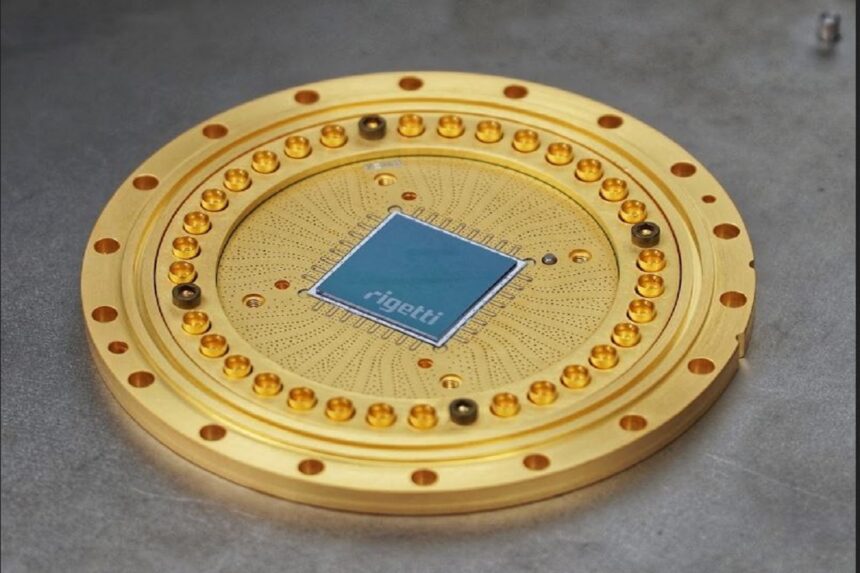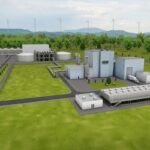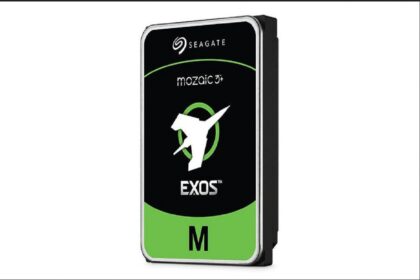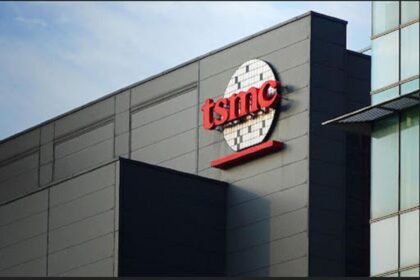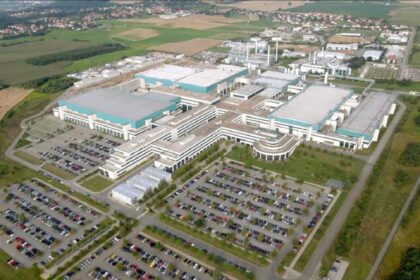In December 2024, quantum computing leader Rigetti made waves in the industry by launching its 84-qubit Ankaa-3 quantum system. The company is renowned for its advancements in quantum technology, and with the Ankaa-3, it aims to cement its position as a key player in the superconducting quantum computing space. This new system promises significant performance improvements, offering insights into the future of quantum computing.
Key Features of Rigetti’s Ankaa-3 Quantum Computer
Rigetti’s Ankaa-3 marks a major milestone in the company’s evolution, showcasing an innovative hardware redesign that pushes the boundaries of quantum computing. By leveraging a new cryogenic hardware architecture and an optimized qubit chip, the Ankaa-3 is set to deliver superior computational power with enhanced efficiency.
Advanced Cryogenic Hardware Design
A critical feature of the Ankaa-3 system is its innovative cryogenic hardware design. This design minimizes the metal used at the coldest stage of the refrigerator, a move that boosts the system’s energy efficiency while simultaneously reducing the cost per qubit. This reduction in material usage not only lowers operational costs but also enhances the scalability of quantum systems.
Optimized Qubit Chip with New Metal Deposition Method
Rigetti’s team has also advanced its qubit chip technology, using a new metal deposition method for qubit circuitry. This process ensures better stability and precision, enhancing the overall performance of the quantum computer. Additionally, the optimized circuit layout further improves the chip’s performance, making it more reliable and efficient.
ABAA Technique for Improved Qubit Frequency Targeting
To increase the precision of qubit control, Rigetti has employed its proprietary ABAA (Active-Bias Adjustment Architecture) technique. This innovation allows the company to fine-tune the frequency of qubits with exceptional accuracy. The resulting improved qubit performance directly contributes to the system’s low error rates, a critical factor in achieving practical quantum computation.
Achieving Industry-Leading Gate Fidelity
One of the most significant achievements with the Ankaa-3 is the system’s ability to reach an impressive 99.5 percent median fidelity with fSim gates, alongside a 99.0 percent median fidelity for iSWAP gates. These milestones represent a dramatic reduction in error rates, with Rigetti halving its error rates in 2024. This achievement positions Rigetti as a frontrunner in the quest for reliable, high-performance quantum systems.
Key Performance Metrics: iSWAP and fSim Gate Fidelity
- iSWAP Gate Fidelity: The Ankaa-3 achieved 99.0 percent median fidelity for iSWAP gates, an industry-leading standard for quantum gate operations. iSWAP gates play a crucial role in entangling qubits, and maintaining high fidelity is vital for the accuracy of quantum algorithms.
- fSim Gate Fidelity: The system also demonstrated a 99.5 percent median fidelity for fSim gates, which are pivotal in simulating quantum systems. This improvement is a testament to Rigetti’s commitment to refining gate operations and reducing incoherent errors.
Rigetti’s Vision for the Future of Quantum Computing
Dr. Subodh Kulkarni, CEO of Rigetti, emphasized the strategic importance of these advancements, describing the Ankaa-3 as a significant leap in superconducting quantum computing. He believes that this modality, with its fast gate speeds and well-established manufacturing processes, will be the key to realizing high-performance quantum computers in the future.
David Rivas, Rigetti’s CFO, echoed this sentiment, highlighting the company’s continued investment in innovative control technologies. These efforts are essential in their journey toward achieving fault-tolerant quantum computing, which is critical for practical applications across industries.
Quantum Access via Rigetti Quantum Cloud Services (QCS)
The Ankaa-3 is already available to partners through Rigetti’s Quantum Cloud Services (QCS) platform. This cloud-based access ensures that companies and researchers can leverage the power of Rigetti’s quantum processor without the need for on-premises hardware. In the first quarter of 2025, the Ankaa-3 will also be available through major cloud platforms such as Amazon Braket and Microsoft Azure, broadening access to quantum computing resources on a global scale.
Rigetti’s Financial Outlook and Strategic Moves
In addition to its technical advancements, Rigetti has taken strategic financial steps to ensure its continued growth and development. The company raised $100 million in December 2024 through an “at-the-market” equity offering. This funding will help further accelerate its quantum computing research and development efforts, ensuring the company can maintain its competitive edge.
Despite financial challenges, including a net loss of $14.8 million in Q3 2024, Rigetti remains optimistic about its prospects. The company’s market cap currently stands at approximately $525 million, reflecting confidence in its long-term vision and the ongoing development of its quantum systems.
Looking Ahead: Quantum Computing’s Potential
Quantum computing is expected to revolutionize various industries, from cryptography and drug discovery to supply chain optimization and artificial intelligence. Rigetti’s Ankaa-3 system brings the world closer to realizing the immense potential of quantum computing, with significant strides in reducing error rates and improving gate fidelity. As the company moves closer to achieving fault tolerance, its leadership in the superconducting quantum space positions it as a pivotal player in this transformative technology.
FAQ Section
1. What makes Rigetti’s Ankaa-3 quantum computer unique?
Rigetti’s Ankaa-3 stands out due to its innovative cryogenic hardware design and optimized qubit chip. These advancements result in improved performance, lower costs, and better scalability for quantum systems. The system also achieves industry-leading gate fidelity, which is crucial for reducing quantum computation errors.
2. What is the significance of the 99.5% median gate fidelity achieved by Ankaa-3?
A 99.5% median gate fidelity indicates that the Ankaa-3 can execute quantum operations with very low error rates. This level of fidelity is essential for reliable quantum computations, which are necessary for practical applications in fields like cryptography and artificial intelligence.
3. How can companies access Rigetti’s quantum processors?
Rigetti’s quantum processors, including Ankaa-3, are available through its Quantum Cloud Services (QCS) platform. They will also be accessible on Amazon Braket and Microsoft Azure starting in early 2025, allowing companies to access the technology remotely.
4. What are the main challenges Rigetti faces in quantum computing?
Despite impressive technical advances, Rigetti continues to face financial challenges, such as operating losses. The company is focused on achieving fault tolerance and scaling its quantum systems, which remain significant hurdles for the entire quantum computing industry.
5. What is Rigetti’s long-term goal in quantum computing?
Rigetti aims to lead the field of superconducting quantum computing, with a vision of achieving fault tolerance and practical quantum applications. The company’s investments in hardware, control technologies, and cloud services are key steps in reaching this goal.



